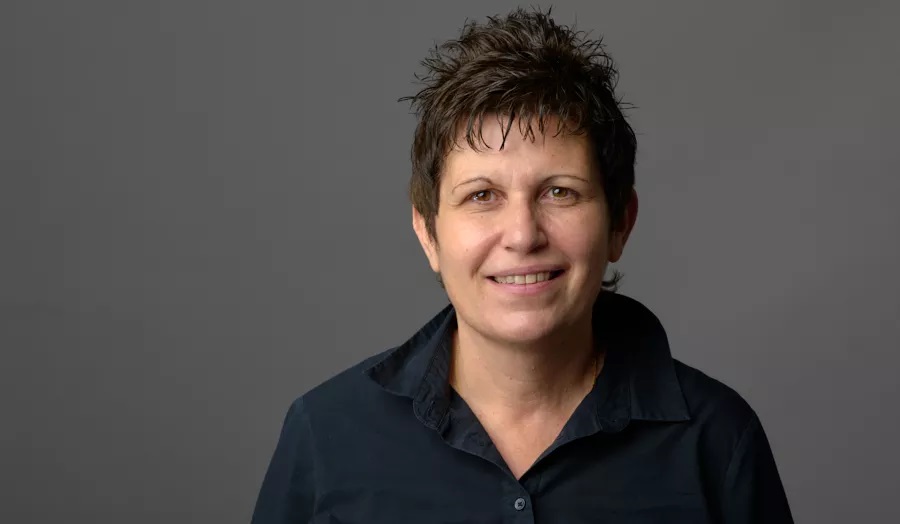A new book of research edited by Dr Eleni Meletiadou, explores innovative teaching, learning, and assessment practices.
Date: 3 October 2022
A new handbook of research from Course Director of BA Business Management and HRM at GSBL, Dr Eleni Meletiadou demonstrates the value of adopting a social justice lens in education by broadening and strengthening the evidence base of the impact that this can make for students, educators, and society as a whole.
Covering a range of topics such as game-based assessment, social adaptation, and plurilingual classroom citizenship, the book is an international collaboration of scholars, researchers, and practitioners in the field of Education for Social Justice, and Intercultural and Multilingual Communication from the UK, the USA, Australia, Turkey, Brazil, Vietnam, South Africa, India, and China.
Dr Meletiadou maintains that social justice in education is characterised by honest respectful communication and inclusive teaching and learning approaches that can lead to more equitable educational outcomes. “Students taught with a social justice framework will ideally have a stronger sense of what is just and fair and choose careers and lifestyles that support their communities. Over time, students look at current and historical events—even their own actions—through the lens of social justice, promoting better decision-making. Building trust impacts the bottom line for global companies, and multilingual communication is a core pillar for effective growth. It is essential to promote this trust through social justice and educate learners on intercultural and multilingual communication.”
Dr Meletiadou suggests that prescribed curricula should be avoided and that addressing social realities and dynamics within teaching will require planning instruction and assessment. She goes on to say “this wil entail integrating learning practices focusing on inclusion, respectful and equitable relationships, community, and team building and action against discrimination and injustice. These social justice goals must be inherent in instructional practices, activities, and routines.”
Eleni said: “This handbook of research relies on critical intercultural communication, a framework that purports that all communication is power-laden. When people from different cultural backgrounds communicate, there are power dynamics at play and those dynamics must be integrated into the way that communication is assessed and understood. Instead of viewing languages as distinct, educational institutions should promote an integrated view of learning that highlights the strengths and capacities of multilingual learners. Teaching, learning and assessment should account for any power imbalances usually inherent in communication and the multiple identities of their students which are critical for students’ learning from their lecturers and from each other.”
Dr Eleni Meletiadou is the Chair of the European Association of Educational Assessment (AEA-Europe) Inclusive Assessment Special Interest Group and the Director of the RILEAS and GEDI Research Groups.

More information on:
- The handbook is available from IGI Global Publishers
